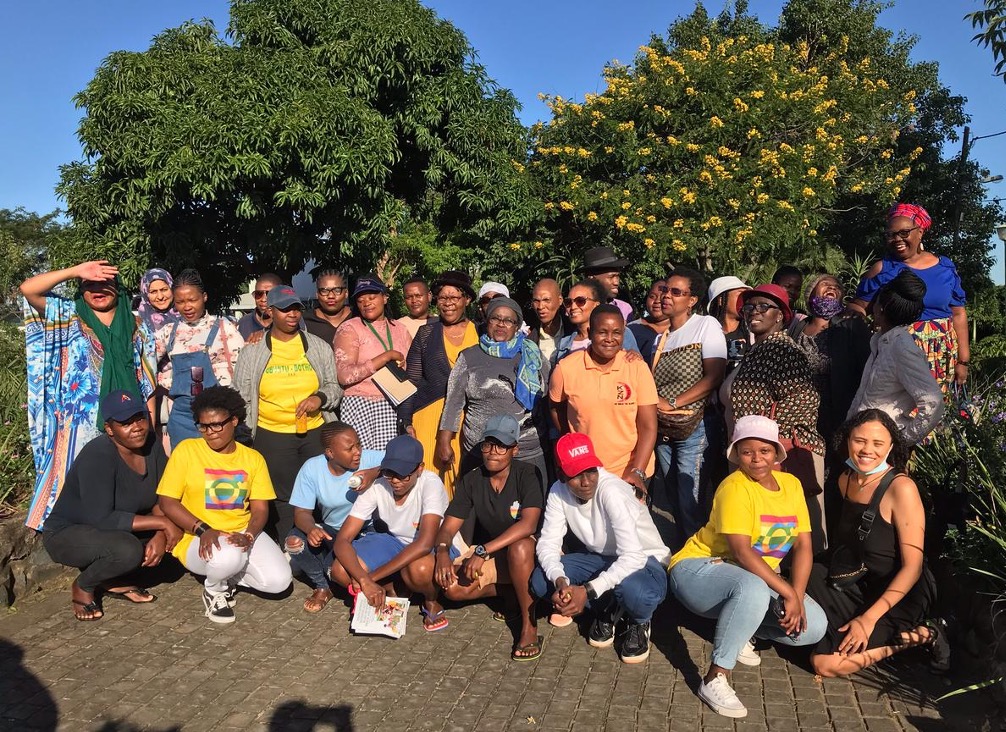Women Peace and Security

The situation of women and gender minorities in South Africa is dire. We have some of the best legislation and policies in the world and yet the violence continues unabated.
In the words of our Executive Director, Professor Cheryl Hendricks at a recent public event on Women: Peace and Security:’ …’war always takes its toll on the vulnerable, on women and children, as they are displaced; losing everything, including their husbands, fathers, brothers, their material possessions, and their dignity.’
To put the policies into action, in August of 2020, the cabinet of South Africa adopted a National Action Plan (NAP) on Women, Peace and Security (WPS) and saw its launch in March of the following year. The vision of the NAP is for ‘Sustainable peace, security and equality for girls and gender non- conforming persons’.
The Mission of the NAP is
‘ To create a safer, peaceful South Africa, Africa and world for women, girls, and gender non- conforming persons;; enable meaningful participation for women in peace processes; and prioritise their needs and experiences and agency in all conflict and non-conflict contexts’.
One of the actions which the NAP encourages is for women to form peace tables and have dialogues that bring people together around shared needs, such as peace and security, in support and in solidarity with one another, nationally and internationally.
Places like Marikana in the North West, and, more recently, Phoenix in KZN, share a commonality of experiences where protests turned violent; whilst the world could only look on in horror as the events unfolded. Lives were lost leaving communities fractured, wounded, and filled with distrust, anger, disappointment, and without hope. The question was asked: how could this still be happening in the aftermath of a colonial history that traumatized and robbed its people of their dignity?
This is where holding the peace tables envisaged in the NAP serve to action change. The communities of Marakana and Phoenix are trying to make sense of what happened. These are communities which are wounded and in pain. It was only through the dialogue sessions around the peace tables when sharing stories, that people realized they had similar experiences, anger and disappointments, and desires for their communities in the aftermath of the destructive protests.
But more needs to be done. To this end, the IJR, together with its partners (HURISA, LOPECO, SAWID, FHR, ACCESS Chapter 22) are in a process of creating awareness, informing, training in all 9 provinces and engaging with communities, societies, and stakeholders towards the implementation of the NAP, and informing a National Peace Charter. We look forward to a future in which women and gender minorities live in the world that the NAP mission envisages.
We look forward to a future in which women and gender minorities live in the world that the NAP mission envisages.
Anthea Flink – Project Leader for the Peacebuilding Interventions Programme
